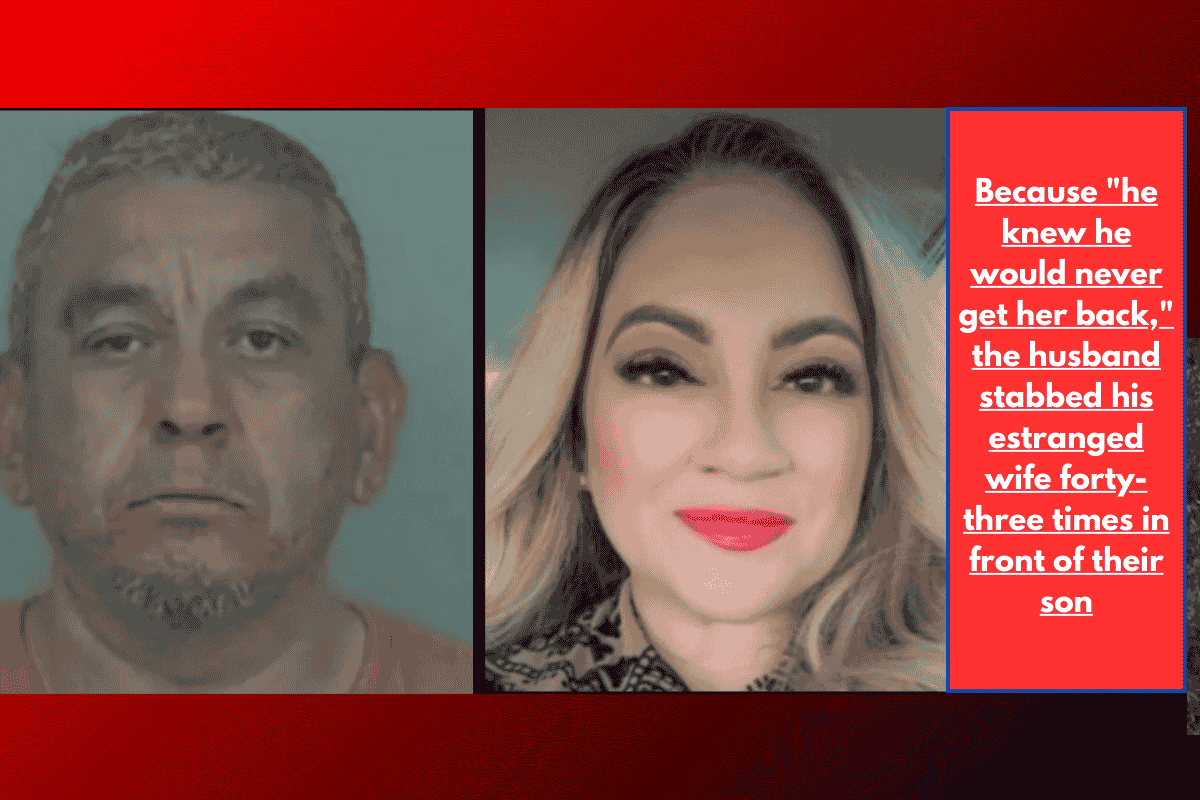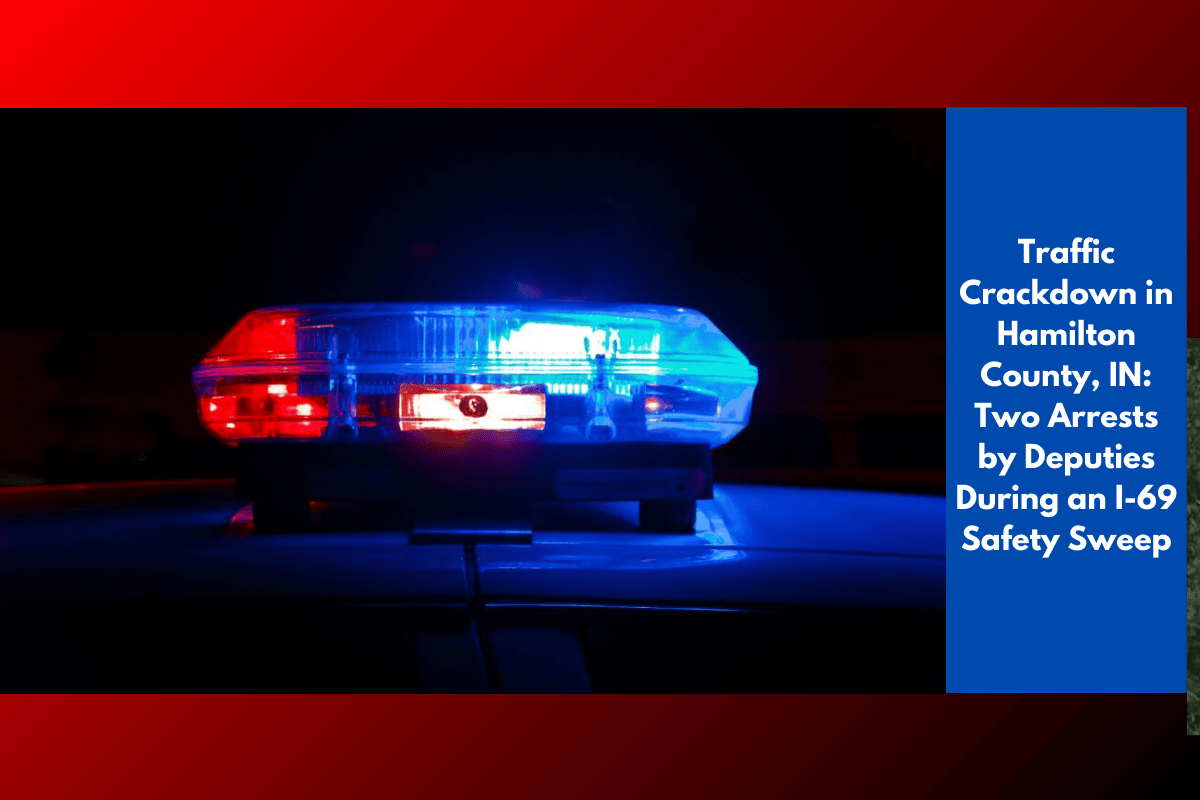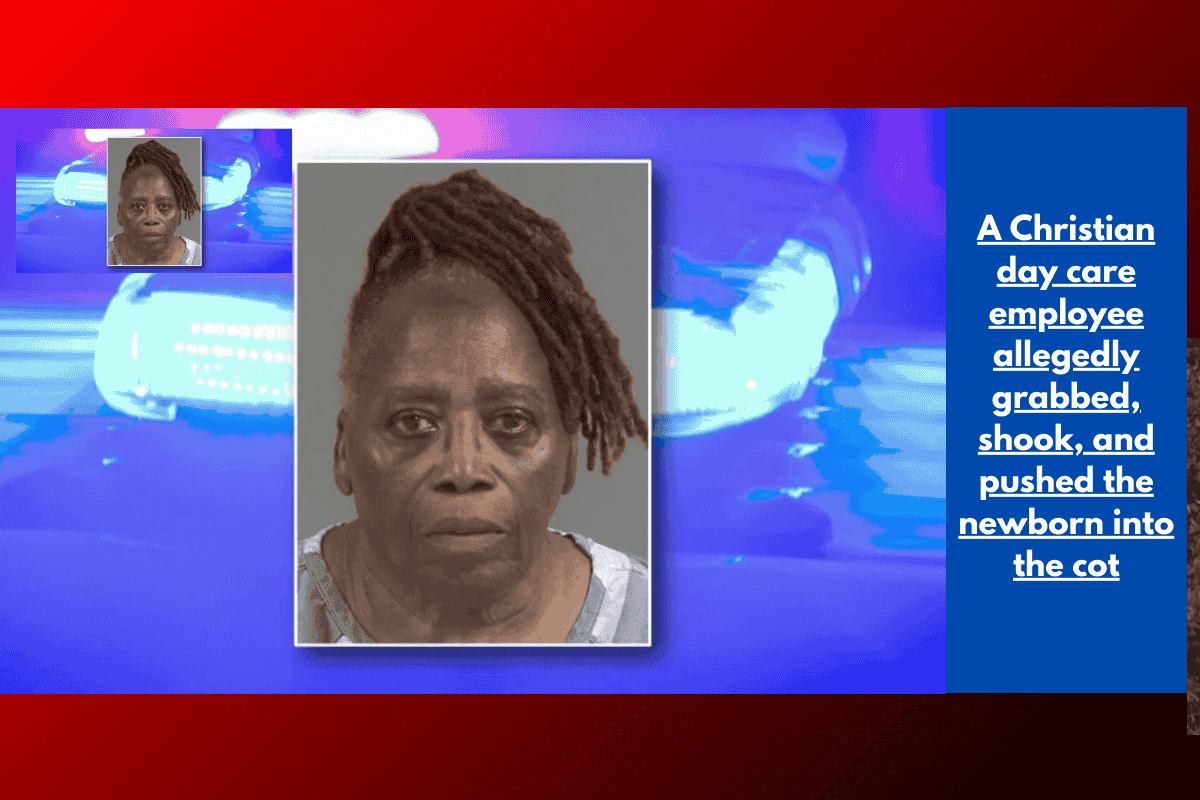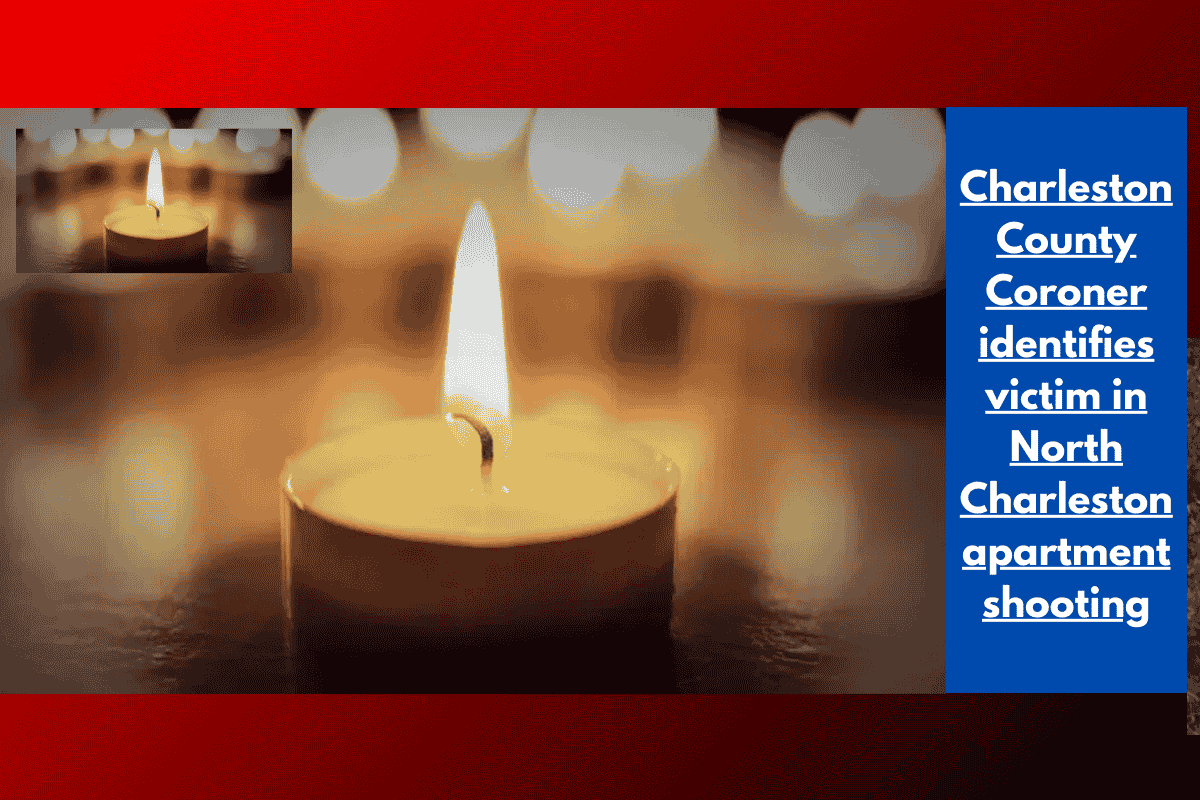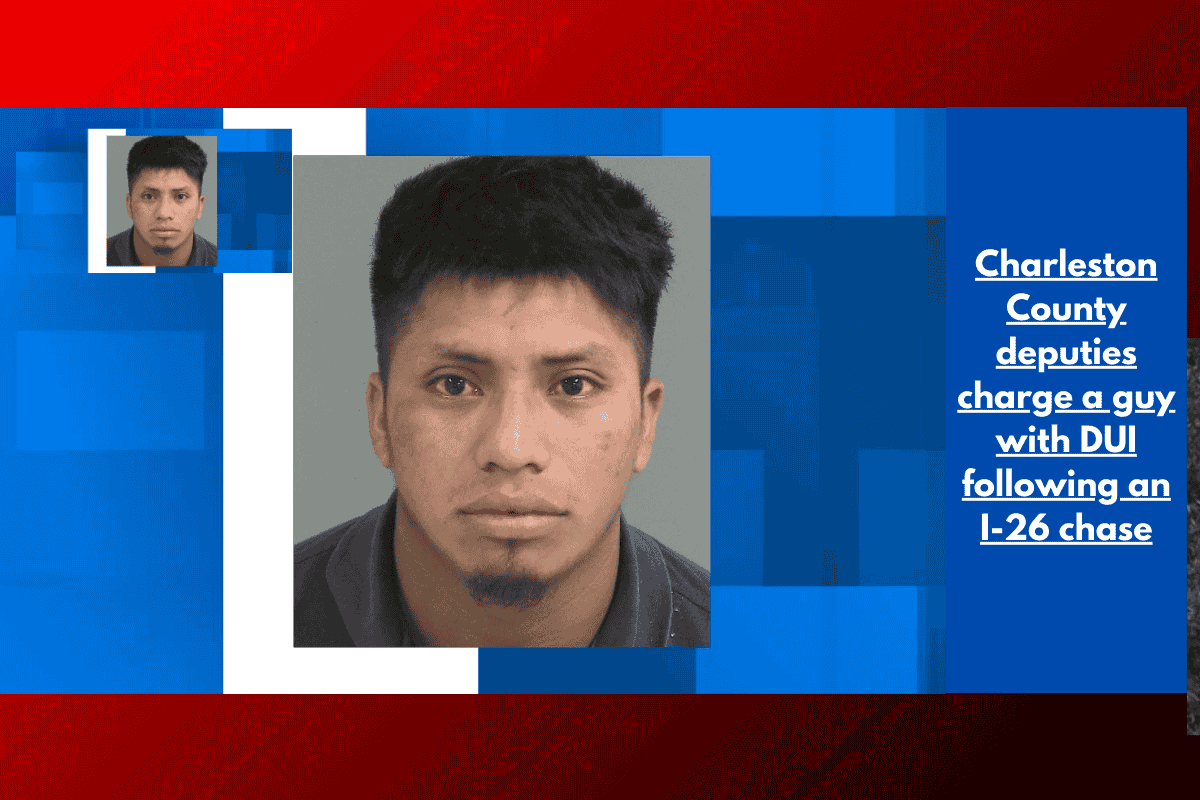A group of 22 states has filed an amicus brief in support of PBS and NPR, urging a federal judge to reject the Trump administration’s attempts to strip federal funding from public media. The states argue that President Donald Trump’s executive order, which seeks to defund PBS and NPR, is unlawful and threatens the vital role public media plays, especially in local and tribal communities.
The Dispute Over Funding
The Trump administration’s executive order, issued on May 1, seeks to end taxpayer subsidies for what it calls “biased media”—specifically PBS and NPR. The order accuses these organizations of presenting a “biased” portrayal of news, arguing that they no longer provide a fair and accurate representation of current events. The administration’s Executive Order 14290, titled “Ending Taxpayer Subsidization of Biased Media”, calls for the Corporation for Public Broadcasting (CPB), which funds public broadcasters like PBS and NPR, to cease providing funding to these networks.
However, the states’ amicus brief argues that the executive order is unconstitutional and unjust, specifically asserting that public media is a public good, providing crucial, non-partisan information to local and tribal communities—especially in rural areas and where language barriers exist. The states contend that PBS and NPR are vital sources of local news, educational content, and emergency alerts, and cutting funding would create significant harm.
The Role of Public Media in Local Communities
According to the states’ brief, PBS and NPR serve as essential lifelines for smaller, more isolated communities, providing culturally relevant programming, emergency broadcasts, and life-saving information. The states also argue that public media stations are often the only source of emergency alerts, particularly in remote or rural areas, where access to cellular networks or internet services may be unreliable. They highlighted how public media ensures that emergency alerts reach diverse populations, even offering alerts in multiple languages for communities with limited English proficiency.
The brief emphasizes that public broadcasters offer vital educational programming and local news, reaching audiences with content that private media outlets cannot replicate. Public broadcasters, the states argue, are integrally linked to the local educational system, offering programming in partnership with high schools, colleges, and universities, as well as regional-specific content like agricultural updates and Native American cultural programming.
The Importance of Emergency Alert Systems
One of the central concerns raised by the states is the role PBS and NPR play in emergency communications. They highlight that public broadcasters are crucial participants in the Emergency Alert System (EAS), which ensures that government authorities can communicate urgent information, especially in rural and remote areas. The brief cites several states, including Minnesota, Maryland, and New York, where public media broadcasters cover 95% or more of the population, ensuring that communities without reliable internet or cellular service still receive critical public safety alerts.
The states further note that PBS and NPR provide unique programming for Indigenous communities, such as California’s FNX network and Minnesota’s Native News Project, which preserve and promote Native American cultures and languages.
The Constitutional Issue
The brief concludes with a strong assertion that the Trump administration’s actions are a violation of the First Amendment, as the executive branch is attempting to unilaterally end funding to public media outlets, undermining their ability to operate. The states argue that only Congress, with its power of the purse, has the authority to decide whether and how public media should be funded, and that the executive order is therefore unconstitutional.
The states’ position is clear: PBS and NPR are critical to maintaining an informed, educated public, and any effort to strip funding from them would be a direct attack on public trust and local media ecosystems. The brief underscores the importance of safeguarding public broadcasting to ensure all communities, particularly underserved and rural areas, continue to have access to essential news and emergency information.
Legal Proceedings
At the time of the filing, the Trump administration has not filed any substantial motions in the case, only making procedural filings and requesting an expedited briefing schedule. The states’ legal challenge highlights the significance of public media in maintaining democratic discourse and ensuring that all American communities have access to reliable, unbiased, and emergency-critical information.




